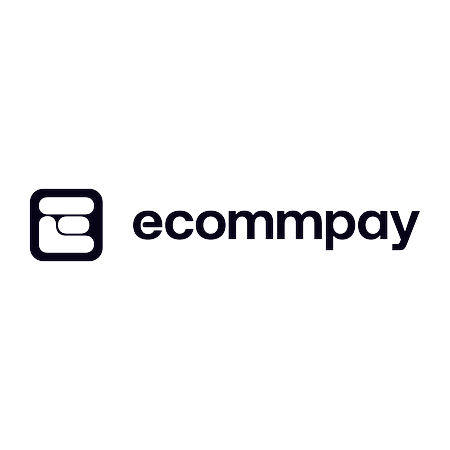
This extension helps maximize profits and reduce operational costs, making it an ideal choice for growing your business. With Ecommpay, benefit from industry-leading support, low and transparent fees, and extensive customization options for the checkout form—including complete localization in any language. The extension ensures swift and straightforward integration for all businesses within the EEA and the UK, facilitating a quick start to expanding your market reach.
The Ecommpay payment extension can be installed on a merchant's local server or a cloud service like AWS Lambda, Azure Functions, or Google Cloud Functions. It automatically generates URLs to open the Payment Page form and manages necessary payment processing actions, interacting with customers and the Ecommpay payment platform.
The extension operates through two FaaS (Function-as-a-Service) modules: the extension module receives requests from the commercetools platform, and the notification module sends updates about processed purchases to the commercetools platform.
Tailored payment solutions
Ecommpay’s full-stack, highly customisable platform allows merchants to access multiple payment types, including:
Global acquiring (Visa, Mastercard, American Express)
Wide range of payment methods: more than 100 Alternative Payment Methods, including PayPal, Apple Pay, Google Pay, an in-house built Open Banking payment solution, Buy Now, Pay Later (BNPL), including Klarna and PayPal Credit, and Direct Debit
Support
Benefit from industry-leading customer support with swift response time. Our dedicated team is always on hand to assist with technical issues and provide expert insights into local market trends.
Settlements
Enjoy flexible settlement options with the ability to receive payments weekly or even more frequently in EUR, USD, or GBP, facilitating better cash flow management for your business.
To start using the plug-in from ecommpay version 1.0, proceed as follows:
Create an API client providing access to the following capabilities (scopes) within the project on the commercetools side:
Managing payments;
Managing the sets of additional fields (custom types).
After that, you are provided with a one-time access to the details about the created API client. These details are specified in the parameters project_key, client_id, secret, scope, API URL, and Auth URL and should be saved for subsequent work with the plug-in with the use of the API client.
Install the plug-in modules in the environment you use following the corresponding instructions provided on GitHub.
Create sets of additional fields (custom types) for specifying information about payments initiated in the ecommpay payment platform.
For this, the corresponding requests should be sent to the commercetools platform with the following entities' identifiers: payment-interface-interaction and payment.
As a result of this request, the fields for saving information about operations that is included in callbacks from the payment platform are created in the commercetools platform. These fields are displayed in the order tabs of the Merchant Center interface (on the page with the information about operations from the payment platform) and are included in the responses to requests for payment information that are sent via the HTTP API of commercetools.
As a result of this request, the following fields are created in the commercetools platform: Initial request—for specifying additional parameters of opening Payment Page—and Payment Page URL—for specifying the URL for opening the payment form. The Initial request field can be used in payment requests sent to the commercetools platform and, together with the parameter for specifying the URL for opening Payment Page, is displayed in the order tabs of the Merchant Center interface (in the commercetools ecommpay integration section) and is inculded in the responses to payment requests sent via the HTTP API of commercetools.
Create an API extension for the interaction between the commercetools platform and the plug-in from ecommpay. For this, the corresponding request should be sent to the commercetools platform with the extension module URL specified in the destination object.
For more information, please visit the Ecommpay documentation for commercetools integration.